Search Results
Showing results 381 to 400 of 473
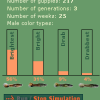
Flashy Fish
Source Institutions
Professor John Endler traveled to Trinidad in the 1970s to study wild guppies. In this activity, learners take part in an online simulation of Endler's work.
Let's Count Humpback Whales: Environmental Effects on Population
Source Institutions
In this activity, learners use whale count data from the Hawaiian Islands Humpback Whale National Marine Sanctuary to compare whale counts in relation to environmental factors.
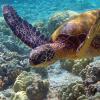
Habitat Adaptation Matchup
Source Institutions
In this activity, learners work in small groups to match various marine animals with their different environments.
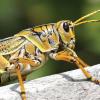
Invent an Insect
Source Institutions
In this creative activity, learners will find out what makes an insect an insect by studying examples of insect adaptations and by examining why there are so many different types of insects.
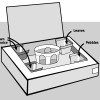
There’s No Place Like Home!
Source Institutions
In this activity, learners make their own bug boxes and test the habitat preference of selected "minibeasts" (bugs).
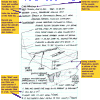
Keeping a Field Journal
Source Institutions
In this activity, learners start their own field journal to better understand the wildlife in their area.
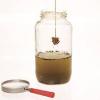
Planaria Fishing
Source Institutions
In this activity, learners capture and observe planaria, which are worms that eat tiny pond critters.
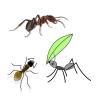
Insect Collection
Source Institutions
Learners use several types of insect sampling and collection equipment to make an insect collection. Learners can collect insects from their schoolyard or yard at home.
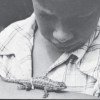
Leapin' Lizards
Source Institutions
In this outdoor activity, learners first explore lizard feeding behavior by creating a "lizard rig" to dangle different objects in front of live lizards and see which objects the lizards try to bite.
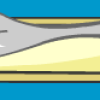
Dinosaur Bone Experiments
Source Institutions
This activity features two connected hands-on activities about dinosaur bones.
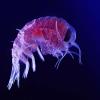
Amphipods: More than Mud
Source Institutions
In this data analysis and environmental science activity, learners examine the effects of pollution on amphipods using data from the Chesapeake Ecotox Research Program.
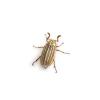
Shake a Shrub
Source Institutions
This is an activity where learners will discover what types and how many insects live in their own backyard.
Parts of an Antelope
Source Institutions
In this matching activity, learners play a game where they match words to the corresponding body parts of an antelope's basic anatomy.
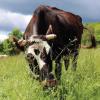
Sustainable Grazing
Source Institutions
In this activity, learners investigate the food, water, and space needs of common livestock animals.
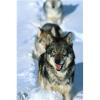
Find Your Pack
Source Institutions
This activity introduces learners to wolf behavior and communication.

Our Beautiful World
Source Institutions
In this Bob the Builder(TM)-themed activity, learners go on a nature walk outside and describe what they observe using their senses.
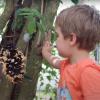
Discovery Time: Birds
Source Institutions
In this activity, young learners, (2 years and up) explore bird behavior and adaptations by providing a homemade bird feeder and observing birds.
Hexagon Hunt
Source Institutions
This activity gets learners looking at 6-sided shapes in nature, including the cells of a beehive, as well as other shapes.
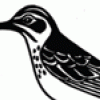
Mapping Mockingbirds
Source Institutions
This lesson plan revolves around studying the speciation of the Galápagos mockingbirds, which are on display at the California Academy of Sciences.
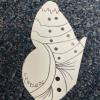
Butterfly Life Cycle
Source Institutions
In this activity, learners will explore the insect life cycle by making a model.
